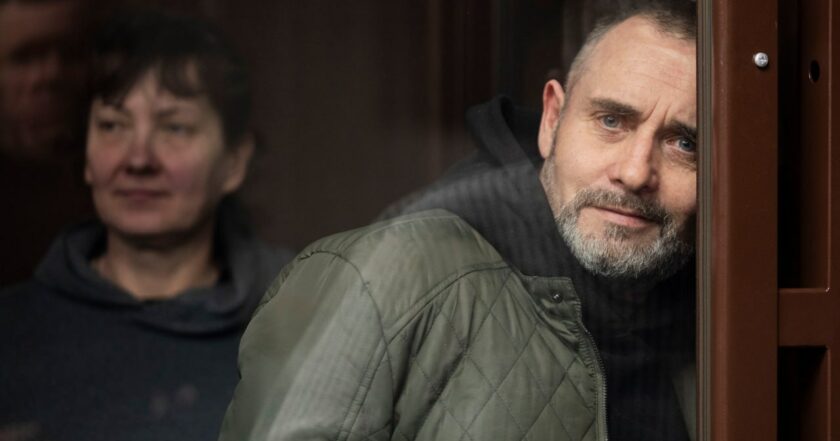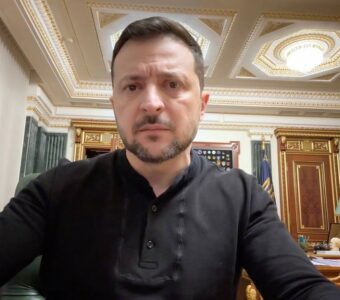Russian war crimes: Azov POW dies from blunt chest trauma in Russian pre-detention center, medical examiner confirms

Photo: Mediazona
Ukrainian defender Oleksandr Ishchenko, who was a driver in the "Azov" regiment and was captured during the defense of Mariupol, died in the detention center of Rostov-on-Don as a result of blunt force trauma to the chest.
According to Sviatoslav Palamar, the deputy commander of the "Azov" brigade, a forensic medical specialist performed an autopsy to reveal this information.
According to him, Oleksandr Ishchenko was mobilized to "Azov" on February 27, 2022.
Upon agreement with the deceased's wife, Olena Ishchenko, the officer provided the relevant document.
"The fact of yet another brutal murder of a Ukrainian prisoner of war has been confirmed. This is not just another cynical violation by the Russians of the Geneva Convention on the Treatment of Prisoners of War.
This is a blow to human honor and dignity, international law, and the principles and values we defend at the front," Palamar said.
According to the results of the autopsy published by the deputy commander of the "Azov" brigade, Oleksandr Ishchenko died from:
- multiple rib fractures;
- shock;
- closed blunt chest trauma caused by contact with a blunt object.
For reference:
On July 31, it was reported that Ukrainian defender Oleksandr Ishchenko, who served as a driver in the "Azov" regiment and was taken prisoner during the defense of Mariupol, had passed away in the Rostov-on–Don pre-trial detention center. His lawyer announced his death.
According to Ukrainian Ombudsman Dmytro Lubinets, as reported on July 31, the daughter of Ukraine's defender revealed that Ishchenko passed away nine days ago. However, the Ukrainian side was not officially informed about this, and no official explanation was given regarding the cause of death of the Ukrainian citizen.
"So with an immediate letter, I turned to the Commissioner for Human Rights in the Russian Federation, asking her to look into the tragic death of a prisoner of war held by the Russian side and to inform me of the circumstances and cause of Oleksandr Ishchenko's death," Lubinets emphasized.
Also, the ombudsman additionally informed the ICRC and the UN about the tragedy so that the organizations recorded the fact of the death of the prisoner of war and paid attention to the conditions of detention of the Ukrainian prisoners of war.
Additionally, the Coordinating Headquarters for the Treatment of Prisoners of War is investigating the details of Ukrainian defender Oleksandr Ishchenko's death in Russian captivity at the Rostov-on–Don pre-detention center.
"We have certain information, we are collecting it, and, in the end, we will find out all the reasons and circumstances, and if they are not related to the state of health but to other reasons, then this will be another piece of evidence for the International Criminal Court," Petro Yatsenko, the head of the press service of the Coordinating Headquarters for the Treatment of Prisoners of War, commented on "Hromadske."




















































